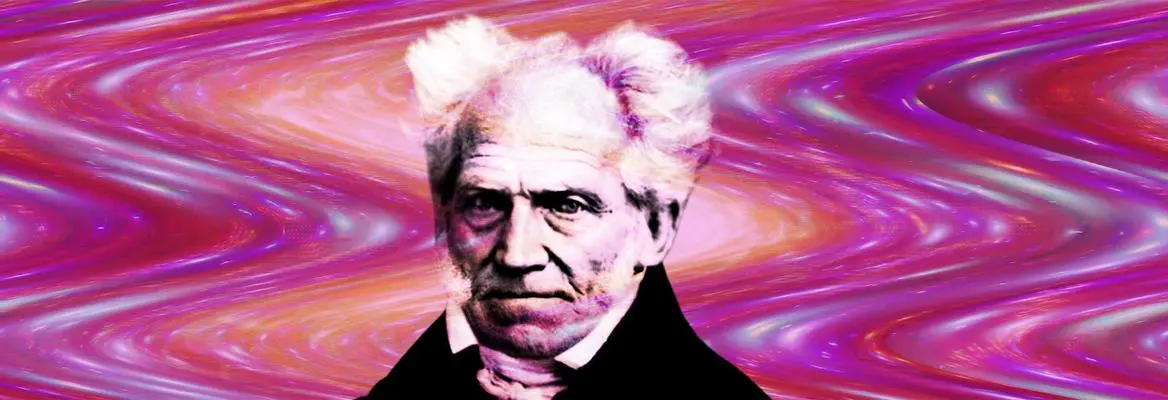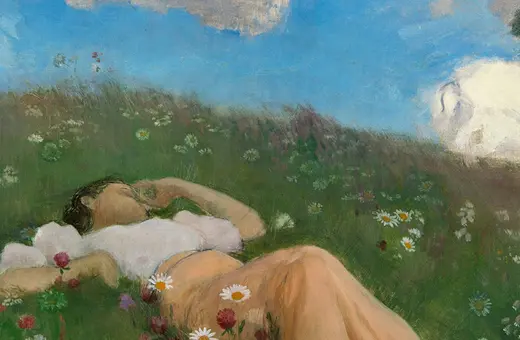The perpetual battle between predator and prey in nature is a display of a gruesome will, a will-to-live at the ground of all things. While the bloody mess we see when a tiger catches its prey suggests no hint of compassion, humans can consciously deny our will and seek to reduce the Sisyphean suffering of the world, writes Robert Wicks.
 SUGGESTED READING
Schopenhauer vs Nietzsche: The meaning of suffering
By Joshua Foa Dienstag
SUGGESTED READING
Schopenhauer vs Nietzsche: The meaning of suffering
By Joshua Foa Dienstag
We may be all too familiar with roses as a rule, but it remains intriguing to look at a beautiful rose and wonder what forces, or perhaps intelligence, led its stem to be studded with protective thorns that say to the observer, “keep your distance.” There are insects whose form is virtually indistinguishable from twigs and leaves, flowers that look like bumble bees and birds of paradise, and plants whose leaves have transformed into traps that catch and digest flies. Observing the movements of an axolotl – a kind of salamander that looks like a fish with legs – can be the occasion for endless fascination and speculation about the forces that underly the diversity and ingenious creativity of the forms that life can assume.

There may be mechanical explanations for the physical appearances of such plants, insects, and animals that refer us to environmental pressures, genetic mutations, chemical or physiological considerations coupled with mere chance, and many accept these as sufficiently satisfying from a scientific standpoint. It is nonetheless difficult to set aside the possibility that the fish transformed its fins into legs because it somehow wanted to get out of the water, that the plant developed its leaves into a trap because it somehow wanted to catch and eat the flies that were resting on its leaves, that the insect somehow transformed its appearance into that of a twig because it somehow discerned a better way to survive. If there is a “somehow” here, as anthropomorphic as it sounds, it cannot be our ordinary idea of wanting something and consciously making a plan, but a more primitive force – a kind of unconscious desire or “will” – situated not in the external, measurable, weighable, observable physical constitution, but in the plants’, insects’, and animals’ inner being. This would not be a consciousness with explicit desires in the usual sense, or a consciousness at all – Schopenhauer is not a panpsychist – but a more metaphysically basic condition that develops “into” a consciousness only in more advanced life forms.
___
Schopenhauer was an avowed atheist, but he was also a person of profound spirituality and compassion for every living being that suffers.
___
Just as one can look at any person and wonder what thoughts are passing through the person’s mind, one can observe the rest of the world and wonder what comparable mystery resides on the inside of a plant, or any other life form, or even a rock. Schopenhauer approached everything with a metaphysical curiosity of this kind, trying to grasp from the inside what he called the “riddle of the world.”





















Join the conversation